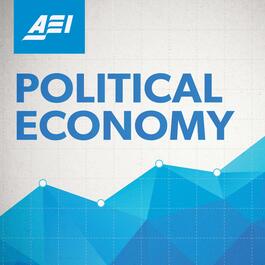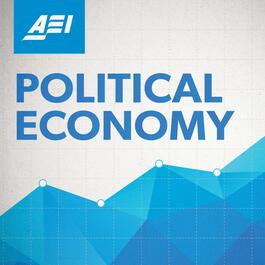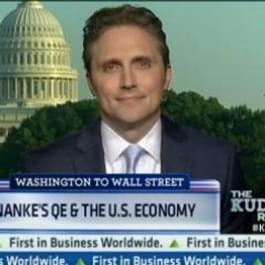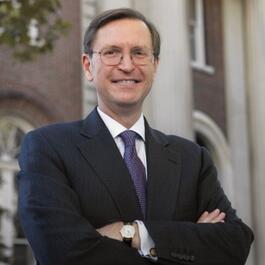
Political Economy with Jim Pethokoukis
Tune in each week as James Pethokoukis interviews economists, business leaders, academics and others on the most important and interesting issues of the day. You can find all episodes at AEI, Ricochet, and wherever podcasts are downloaded, and look for follow-up transcripts and blog posts at aei.org.
Show episodes
Today on Political Economy, I’m talking with Andrew Biggs on why policymakers, the media, and most Americans are convinced of a retirement crisis that Biggs argues . . . doesn’t exist. Andrew and I discuss why this misperception continues to persist, and where the real flaws are in the American retirement system. Andre
Today on Political Economy, I talk with Derek Scissors about what the Trump Administration’s newly-declared tariffs mean for US-China relations and what to make of today’s economic uncertainty. Derek is a senior fellow here at AEI, where he focuses on US-Asia economic relations. He is the chief economist of the China B
Today on Political Economy, I talk with Mark Warshawsky about the state of the Social Security system as we size up some of the reforms currently on the table.
The arc of human history is a story of economics. Social values, human behavior, and the defining events of history are all woven into this field that seeks to explain how and why societies prosper — and why they often don’t. Today on Political Economy, I talk with Andrew Leigh about the economic lessons we miss in his
Today on Political Economy, Michael Strain and I discuss the key challenges currently facing the American economy; namely, the growing debt burden, lingering inflation, the market response to tariffs, and general uncertainty. Strain is the director of Economic Policy Studies and the Arthur F. Burns Scholar in Political
Energy, transportation, housing — pro-growth advocates from Washington to Silicon Valley are calling for a revival of American infrastructure. They say, “It’s time to build.” One massive problem, however: decades of environmental regulation, such as the National Environmental Policy Act, have slowed these efforts to a






